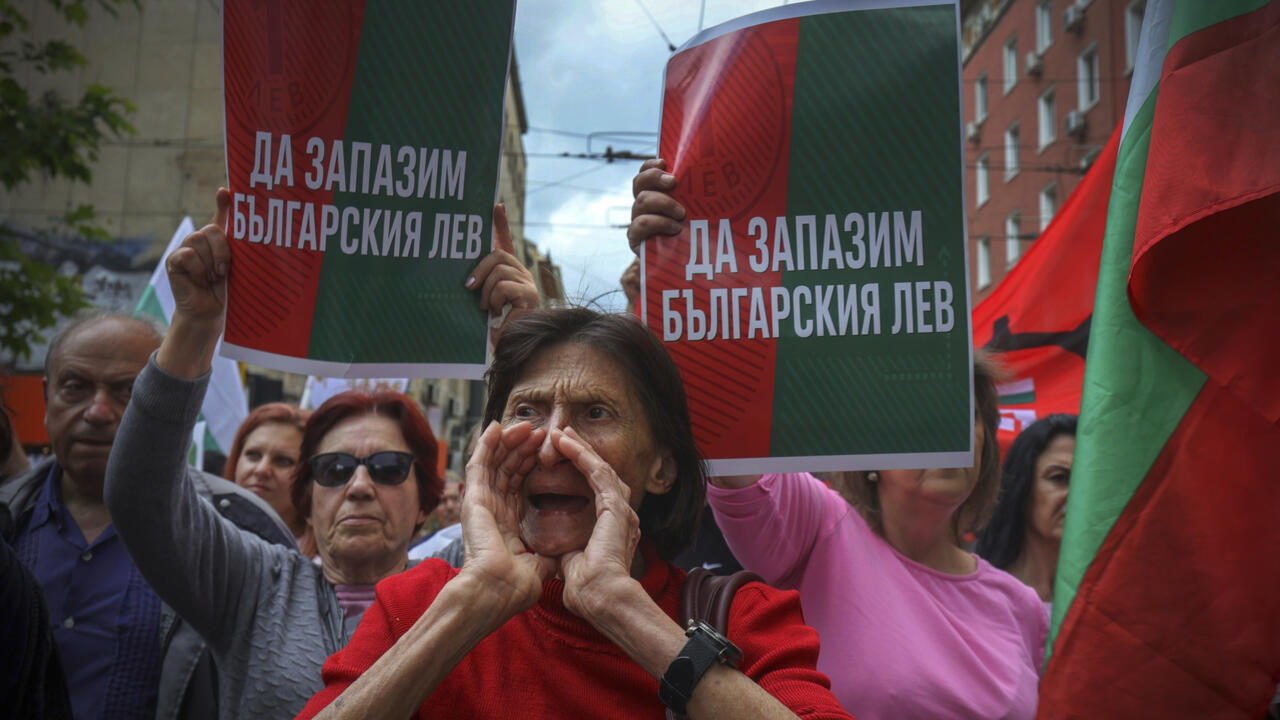Bulgaria, the poorest country in the European Union (EU), is officially on track to adopt the euro as its currency starting in 2026. The EU’s executive branch confirmed that Bulgaria has successfully met all the required criteria to join the eurozone, becoming the 21st member of the monetary union that began on January 1, 1999. Valdis Dombrovskis, European economic commissioner, described this as a historic moment for Bulgaria, the eurozone, and the EU as a whole. The convergence report, a technical document, concluded that Bulgaria meets the necessary requirements: price stability, sound public finances, and a stable currency. Since joining the EU in 2007, Bulgaria has worked to align its economy with the bloc’s standards, as its current currency, the Bulgarian lev, has been pegged to the euro at a fixed exchange rate for over two decades. Despite this progress, the final step to adopting the euro had been elusive due to internal political and economic reasons. Joining the eurozone promises greater financial stability, smoother access to capital markets, and a new era for Bulgaria’s economic relations within the bloc. Following Bulgaria, other countries like the Czech Republic, Hungary, Poland, Romania, and Sweden are also considering euro adoption. However, the approval has sparked political tensions and mass protests in Bulgaria. Thousands of citizens, waving national flags and chanting slogans such as “No to Eurocolonialism!” and “Hands off our currency!”, gathered in front of the Parliament to express their opposition. The far-right Revival Party, which strongly opposes the euro, led the protests. Inside the Parliament, clashes broke out as members of the party blocked the podium, leading to physical confrontations. According to a Eurobarometer survey published in May, 50% of Bulgarians do not support the currency change, fearing potential price increases and loss of economic control. The widespread perception of corruption and lack of transparency have fueled deep skepticism, compounded by frustration over economic stagnation linked to the country’s inability to modernize.
— new from France 24
